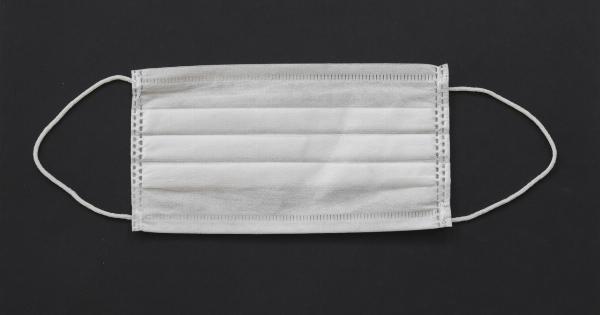PFAPA Syndrome stands for Periodic Fever, Aphthous Stomatitis, Pharyngitis, Adenitis syndrome which is a rare autoinflammatory disease that mostly affects children.
It is one of the less common autoinflammatory disorders, and its impact on children and their families can be profound.
Symptoms
PFAPA syndrome typically causes episodes of recurring fever, recurrent sore throats, and swollen neck glands during three to six days at a time, beginning at an early age.
The recurring cycles variate in frequency (weekly to every few months), and usually get milder and less frequent with age. When a fever episode appears, it may appear very suddenly and develop quickly, sometimes up to 105 F (40.5 C) degrees. Usually, each episode of fever and throat symptoms lasts approximately 3-6 days.
A person may experience some, or all, of the symptoms of PFAPA syndrome:.
- Fever
- Sore throat
- Abdominal pain, nausea or vomiting may occur occasionally
- Swollen glands in the neck
- Canker sores (aphthous ulcers) in the mouth
- Lack of energy
- Muscle pain
Causes
The exact cause of PFAPA syndrome is unknown. It is hypothesized that PFAPA syndrome is caused by abnormal activation of the immune system that causes overproduction of a pro-inflammatory protein called interleukin-1 beta or IL-1β.
However, the reason why there is activation of the immune system is not completely understood.
Factors including genetics, viral or bacterial infections, and even environmental conditions are thought to play a role, but no direct link between any of these factors and PFAPA syndrome has been established.
Diagnosis
PFAPA syndrome diagnosis is forecasted by several factors, such as the fever cycle that regularly recurs with other symptoms, excluding infections or autoimmune illnesses, and lab tests that show fluctuations of white blood cells and inflammation markers during symptom episodes.
There are no definitive tests that can diagnose PFAPA syndrome. A diagnosis of PFAPA syndrome relies on your doctor ruling out other conditions that may cause similar symptoms, such as an autoimmune disorder or a chronic infection.
Your doctor may recommend various tests to help rule out other conditions, including:.
- Blood tests to check for signs of inflammation
- Throat swab culture to check for signs of infection, such as strep throat
- X-rays or a CT scan to check for signs of adenitis or other swelling in your child’s throat, neck or abdomen
- A biopsy, where your doctor removes a small tissue sample from your child’s throat for testing
Treatment
The treatment of PFAPA syndrome typically aims to prevent or reduce the length and frequency of fever episodes and other symptoms.
Steroid medications, such as prednisone, or nonsteroidal anti-inflammatory (NSAID) drugs, such as ibuprofen, are the most common drugs used to treat fever episodes – although treatment with either type of medication only masks the symptoms and does not cure the condition. Certain children’s beta blockers, such as colchicine, used to treat gout, have been shown to be effective to prevent fever episodes, although there is not enough scientific evidence that supports this treatment.
Tonsillectomy (surgery to remove the tonsils) can be effective for children whose symptoms are severe, frequent, and hard to manage with medications.
Living with PFAPA Syndrome
Living with PFAPA syndrome can be a challenging and frustrating experience for children and families.
The combination of recurrent episodes of fever and related symptoms, periods of anxiety and worry over the episodes’ recurrence, and the impact on schooling and social interactions can be overwhelming.
Prevention
There is no known way to prevent PFAPA syndrome, since its cause is still not clearly understood.
Conclusion
PFAPA syndrome is a relatively rare autoinflammatory disease that mostly affects children. Although the exact cause of PFAPA syndrome remains unknown, its symptoms are clear enough to warrant treatment.
Proper diagnosis is critical for treatment since PFAPA syndrome is commonly treated with drugs that relieve symptoms but do not cure the disease. This article mentions some helpful information for parents of children living with PFAPA syndrome, such as understanding its symptoms, diagnosis, and treatment measures.




























